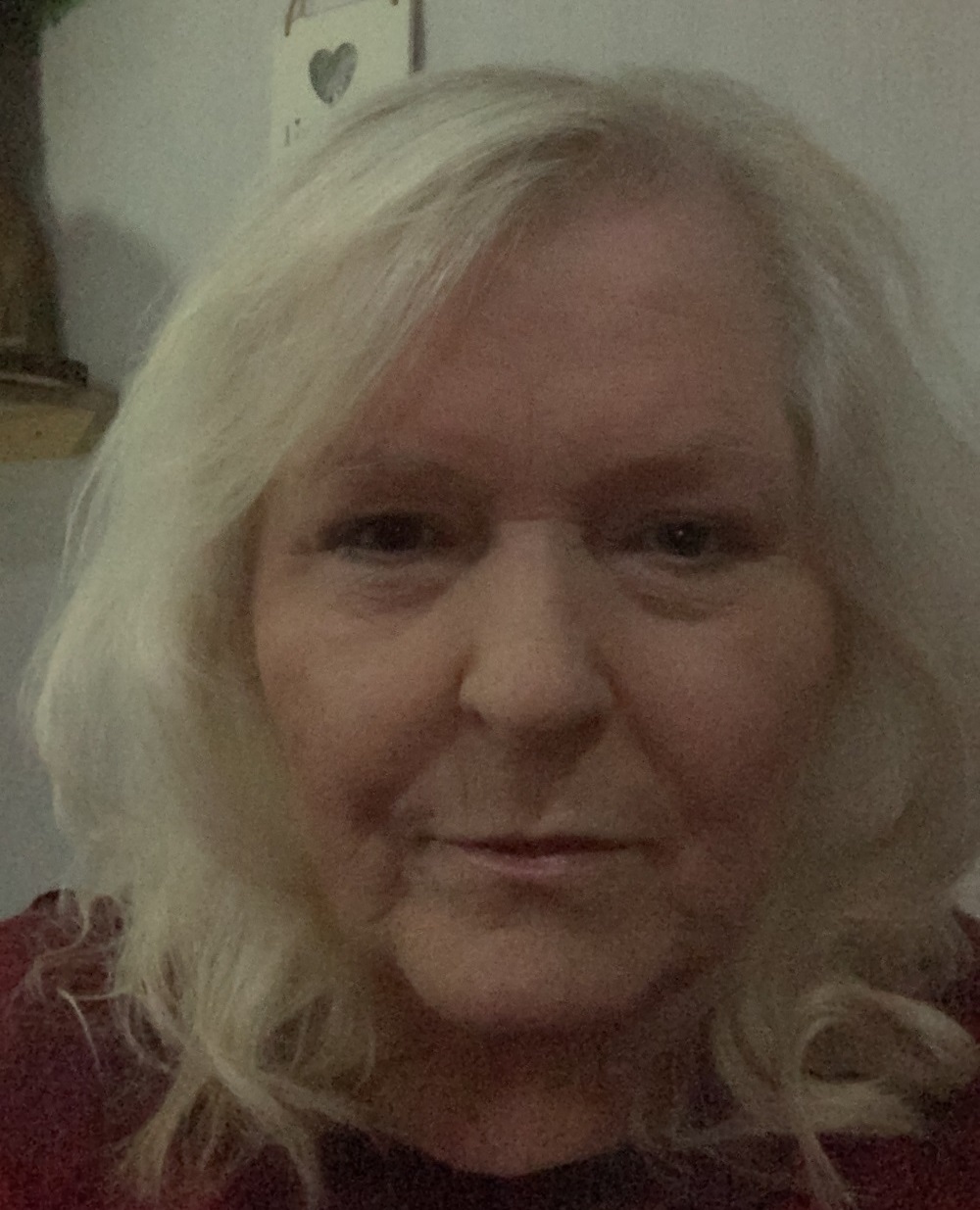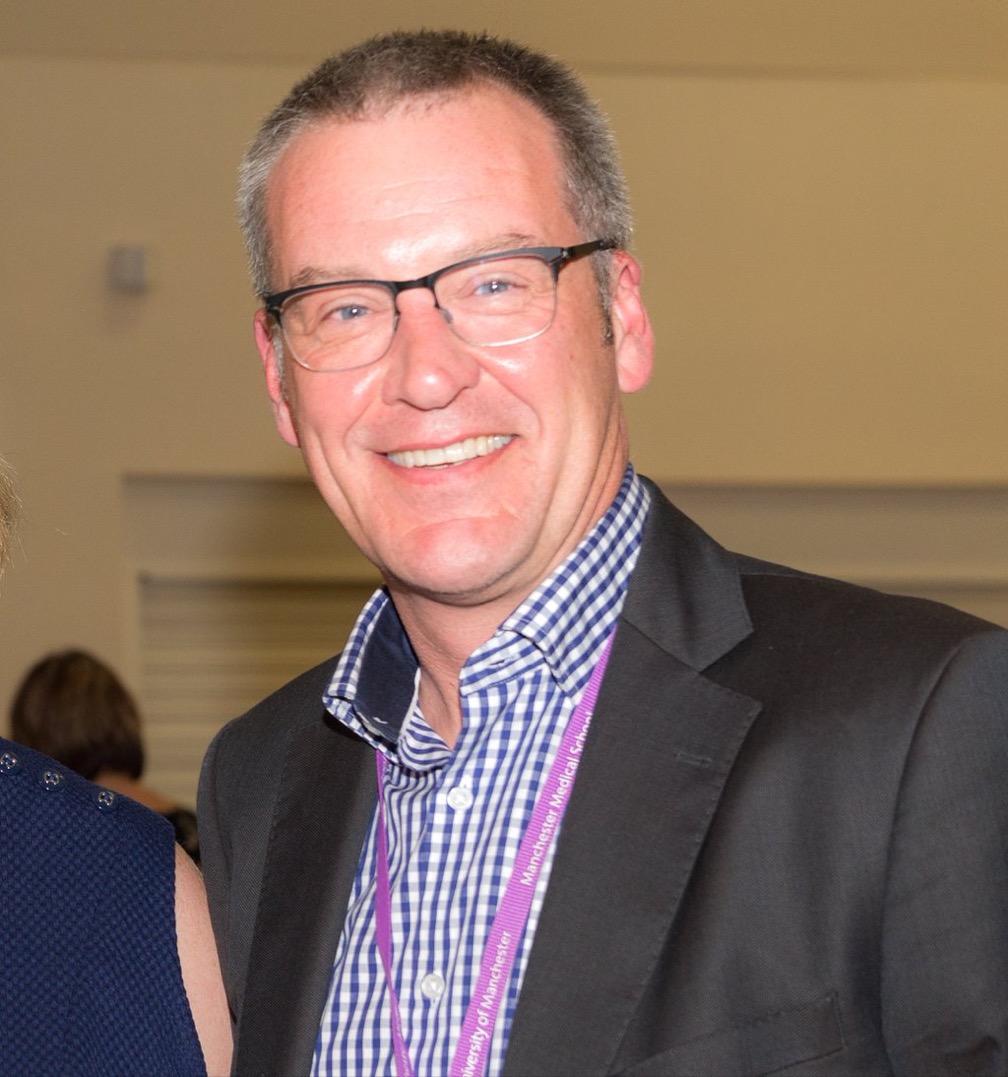News and presentations from today's conference focusing on implementing the updated Quality Standard in practice and delivering high quality end of life care during the Covid-19 pandemic. The end of life care update quality standard (QS13) was published by NICE in September 2021.
Putting personal experience first: The Impact of Covid-19
 Kay Smith
Kay Smith
Author and Patient
• end of life care: a personal journey
• the impact of Covid-19: shielding, isolation and anxiety
• ensuring engaged, informed individuals and carers
• improving information about what to expect at the end of life
Kay began by explaining how the impact of Covid-19 affected her and others who needed to shield and isolate. Kay said ‘They call us the warriors as we keep going as long as we can, during Covid the biggest challenge for me was the fear, The silence was the hardest, we would just be left’ ‘The best support during covid was online and social media’
Kay went on to say 'Little information from various departments and communication between the teams is non existent, There is a need of support packages for patients and the whole family for palliative care’
Kay concluded her presentation by saying ‘We need to talk about dying more it’s not a taboo we all do it’
‘I will go with a smile on my face as I will have died trying but I feel guilty for those that didn’t get the chances I did’
Improving Care of Covid-19 patients at the end of life
 Dr Iain Lawrie
Dr Iain Lawrie
Consultant & Honorary Clinical Senior Lecturer in Palliative Medicine
Associate Hospital Dean for Communication Skills Teaching
President, The Association for Palliative Medicine of Great Britain & Ireland
• how we adapted our service to meet the needs of patients during the pandemic
• symptom profile of patients dying in hospital with Covid-19 and medications used to manage this
• advance care planning and the challenges of Covid-19
• managing withdrawal of NIV in patients with Covid-19 at the end of life
Iain began his presentation by describing hospitals during the pandemic - 'Our patients disappeared, they were frightened to come into hospital. The knock on effect was that when they did come in, any preventable medicine was too late and the patients died quicker than they should have' He went on to say 'With patients deteriorating so quickly we didn’t have time to take the family through end of life procedures'
Iain then said 'Covid has had some benefits, its given us a chance to discuss some very tricky conversations' 'What we have learnt is that primary and secondary care can work together when its needed'
Iain finished by saying 'Things will change after this , I don’t know how , I don’t know how long the tunnel is , but I do see light at the end of the tunnel'
